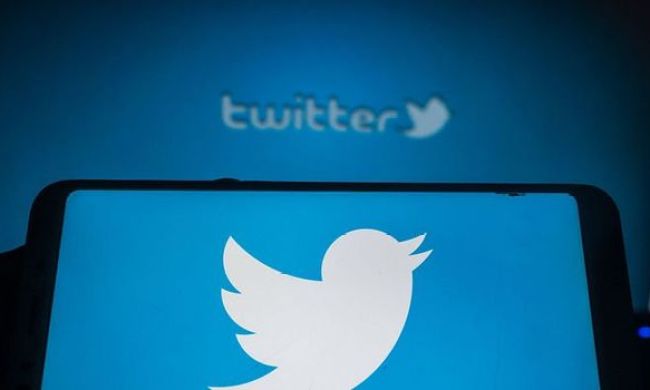The name “Tap” is a product of how you actually interact with the platform. In order to get to the next juicy bit, you tap your phone screen, revealing the next “page.” The app looks to engage readers with its novel format and diverse content. Already at launch, Tap boasts hundreds of stories across a number of different categories, including horror, romance, drama, and more.
And if you want to be an even more integral part of the action, you can contribute stories to Tap yourself. While initially, Wattpad is only allowing a subset of writers on its platform to contribute, the company promises that the publishing component of the Tap app will become more widely available in the coming weeks.
And if you’re particularly fond of what you’re reading, you can of course share these stories (or rather, text conversations), via social media.
Sure, Tap is far from the only bite-sized content provider, with apps like Snapchat and Instagram in the social media space, and plenty of other reading apps available as well. But Tap is certainly unique in its layout, which somehow creates intrigue by making its stories seem a bit … secretive, and perhaps thereby more exciting.
The app itself is free, though you do have the option to upgrade to a premium service which will grant you unlimited access to stories. You can choose from a number of payment options — $3 a week, $8 a month, or $40 a year.


